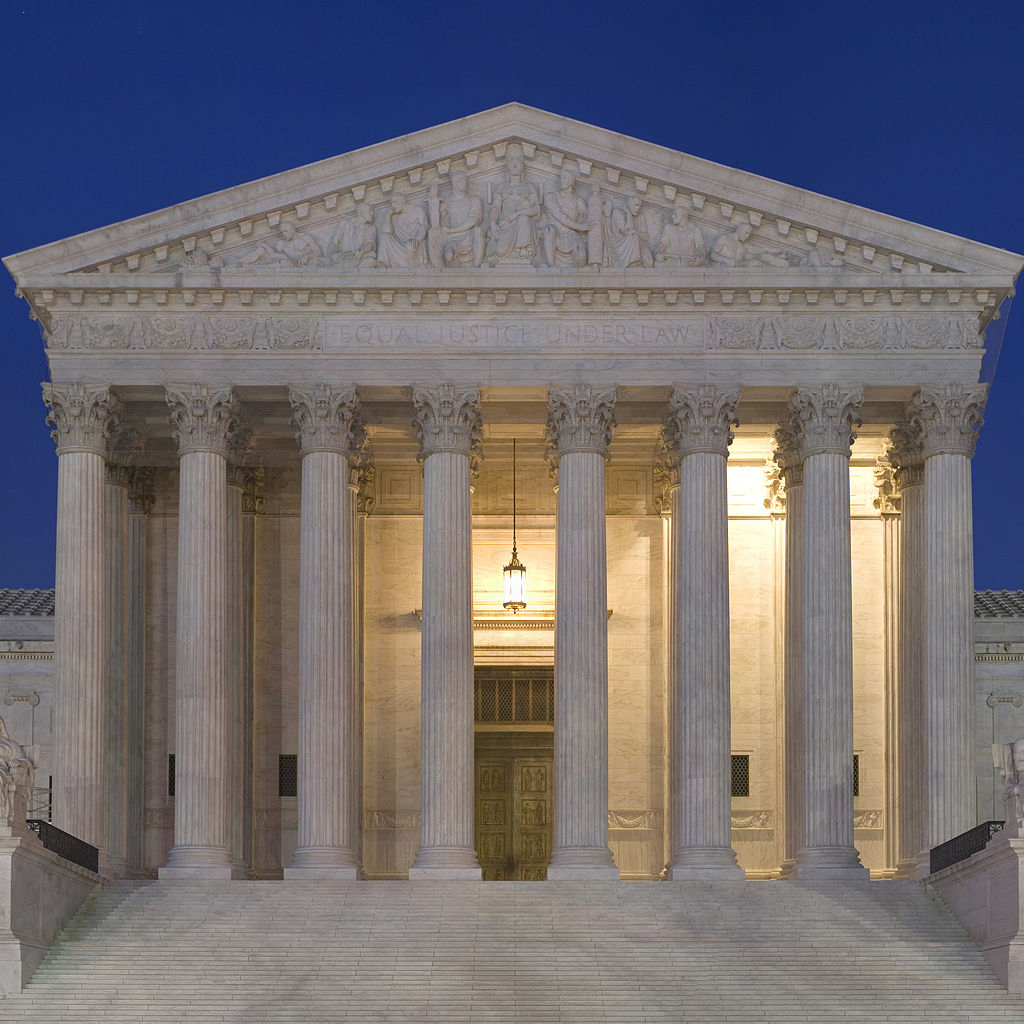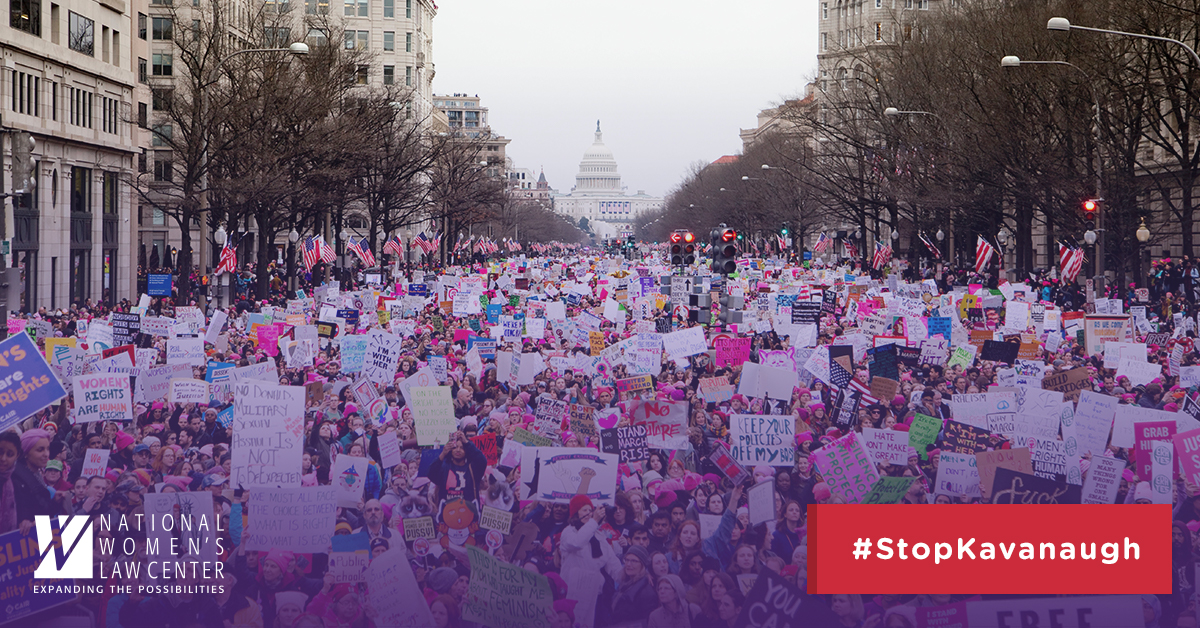Abortion rights, women of color, and LGBTQI+ people are under attack. Pledge to join us in fighting for gender justice.
Abortion and Equality: What’s at Stake in the Supreme Court Case June Medical v. Gee

This week, the National Women’s Law Center (NWLC), alongside law firm Simpson Thacher & Bartlett, submitted an amicus, or “friend-of-the-court” brief, in the U.S. Supreme Court case June Medical v. Gee. We were joined by a broad coalition of 72 organizations including labor unions; workers’ rights, economic security, and anti-poverty groups; organizations advocating for survivors of domestic violence and sexual assault; civil and women’s rights groups; reproductive health organizations; women’s bar associations; and others.
This case challenges a Louisiana law that targets abortion providers by requiring them to have admitting privileges at a nearby hospital. The law is identical to a Texas law that the Supreme Court struck down as unconstitutional just three years ago in the 2016 case Whole Woman’s Health v. Hellerstedt. If allowed to go into effect, the law will leave just one provider in one clinic in a state with nearly one million women of reproductive age, making abortion nearly impossible to access. This is precisely Louisiana’s goal: Louisiana legislators passed the law after seeing how successful the identical Texas law was at shuttering clinics in the state. Louisiana disingenuously claims that its law is intended to promote women’s health, but this is mere pretext. In fact, the state cannot point to a single instance where the law would have helped even one woman obtain better treatment. The true purpose and effect of the law is the same as if Louisiana had simply banned abortion outright: to close abortion clinics in the state and to take away the constitutional right to an abortion.
If the law is allowed to take effect, people in Louisiana seeking abortion care will be forced to drive long distances or fly to another state, likely staying overnight and paying for the resulting hotel costs. Many will be forced to take time off work or forgo a paycheck to obtain abortion care, and those who already have children will have to find and pay for child care for their existing children. The added financial and logistical barriers will also force many to explain their absences to employers or family members, and possibly even to abusive partners. At a certain point, these costs will reach a tipping point and become simply too great to bear. Some will be forced to delay an abortion much later into their pregnancies, and many others will be unable to obtain the procedure altogether. What’s more, these burdens will not be distributed equally, but will fall especially hard on low-income women, women living in poverty, women of color, women who already have children, women subjected to intimate partner violence, and transgender and non-binary individuals who have the capacity to become pregnant.
In our brief, we argue that abortion laws like these are unconstitutional because they deprive women and others who can become pregnant of their right to participate equally in the social and economic life of the country. They define a person’s destiny by their reproductive organs and perpetuate outdated stereotypes of women as homemaker and child-bearer, regardless of their hopes and desires about their place in society. By forcing motherhood on women, the state is dramatically altering the course of their life. Motherhood affects education—many women who give birth as teens fail to receive a high school diploma. It affects economic security—many women face pregnancy discrimination and lack access to paid leave. And it affects careers—women without children have greater rates of employment and earnings. In short, denying individuals the ability to control their reproductive lives has significant economic and social consequences, denying their right to participate equally in the fabric of our society.
We will not stand by silently and allow such laws to take effect. Alongside our partners, we at NWLC will continue to fight to secure equality for women and all who suffer sex discrimination, which includes protecting the right for all to access abortion. In our view, a right that is only accessible to the wealthy or privileged is no right at all. The Supreme Court recognized this principle in 2016 when it struck down Texas’s identical admitting privileges law. The Court should stand by its precedent today.





